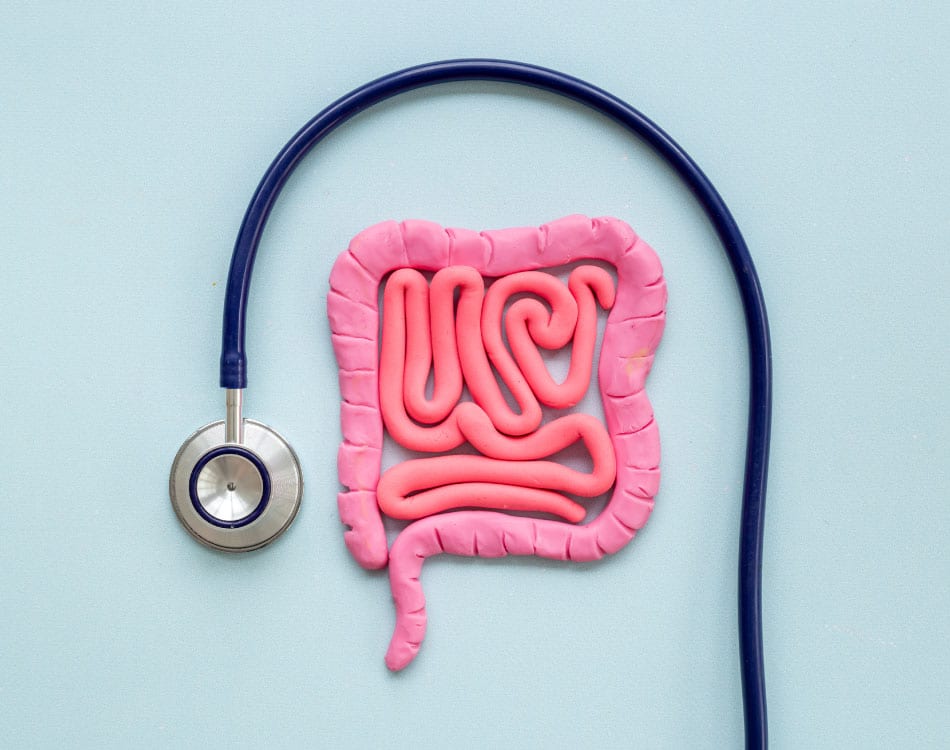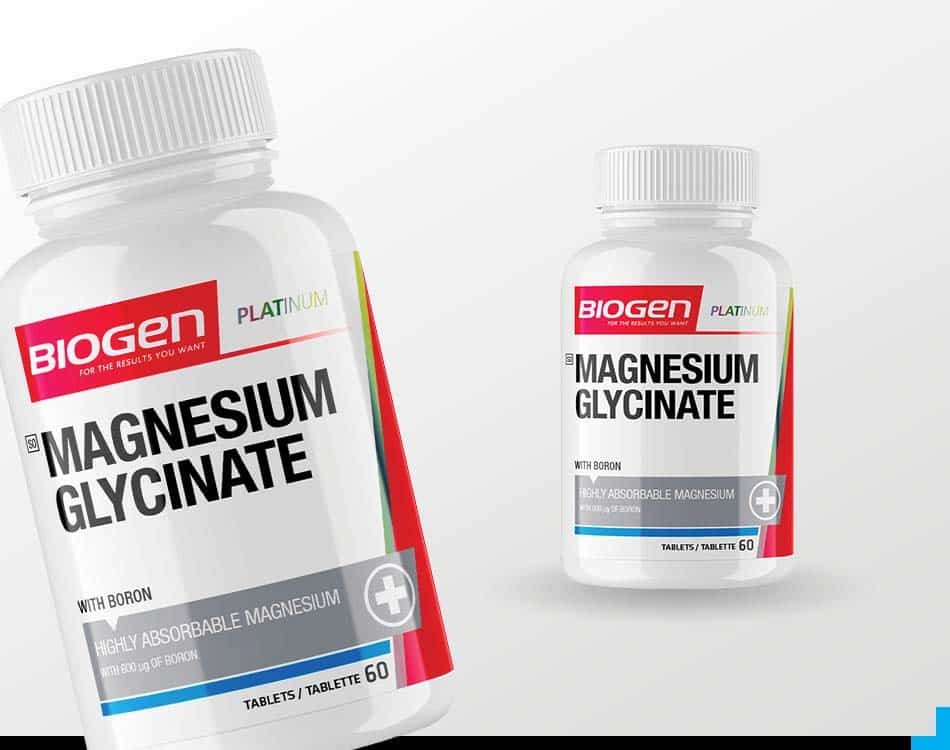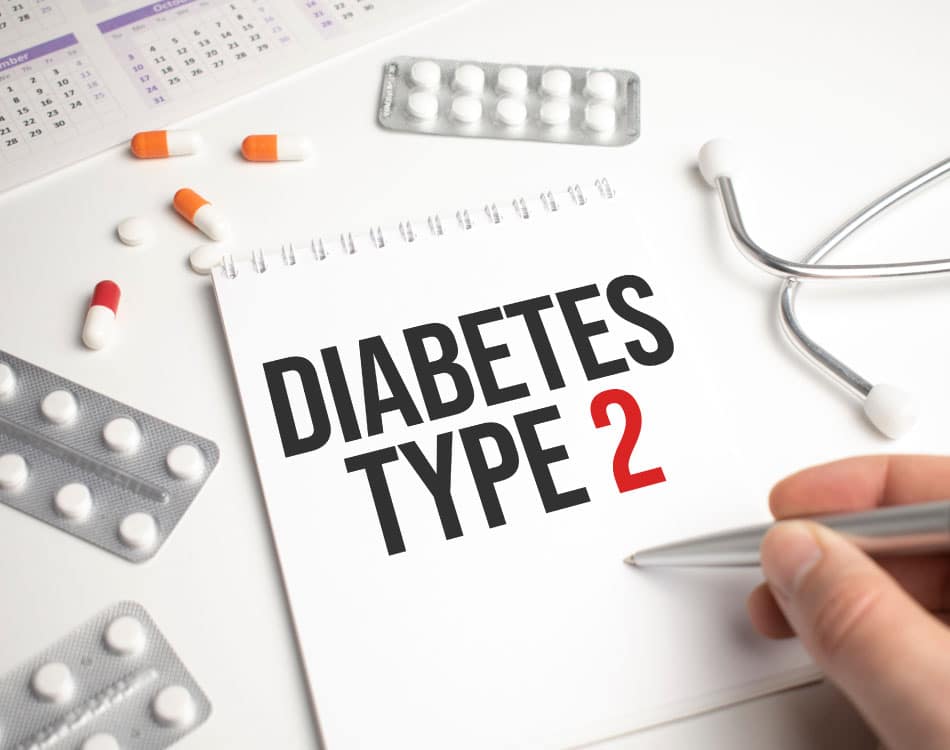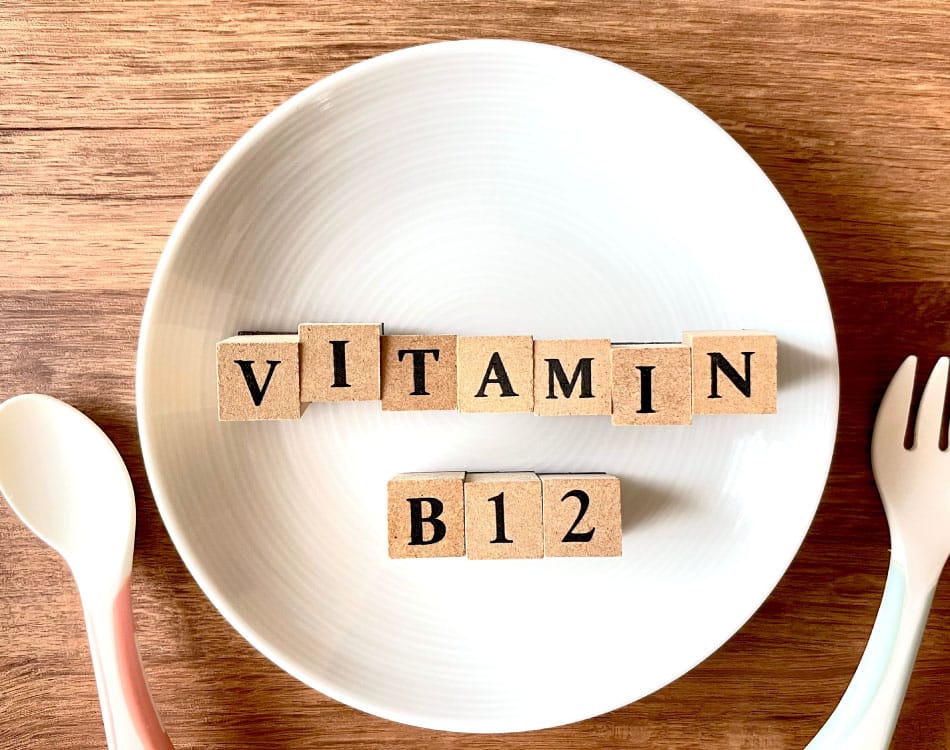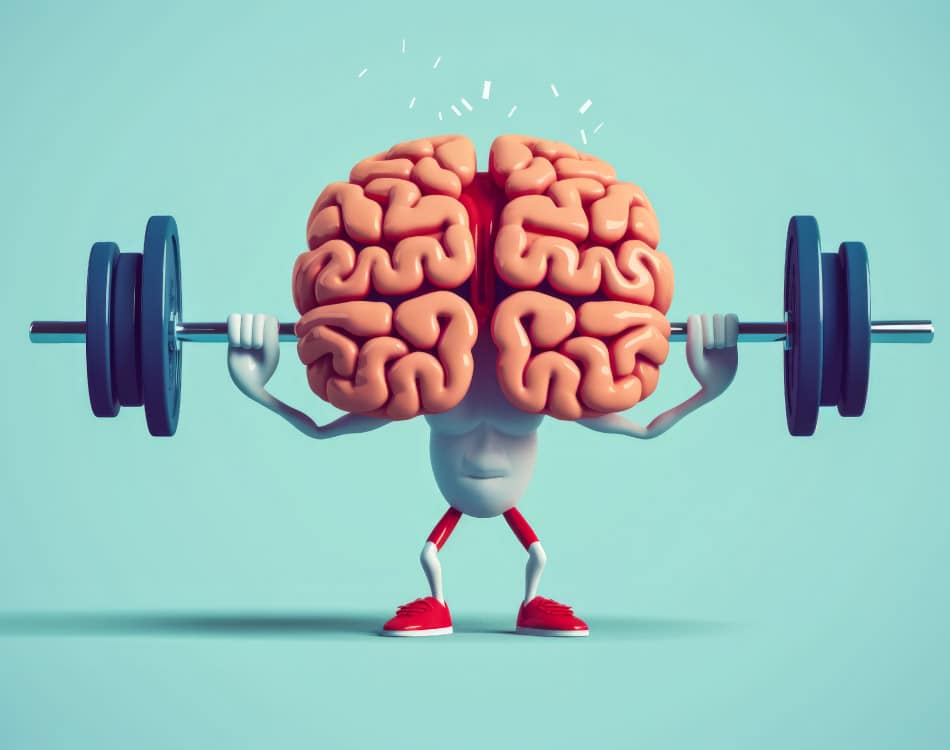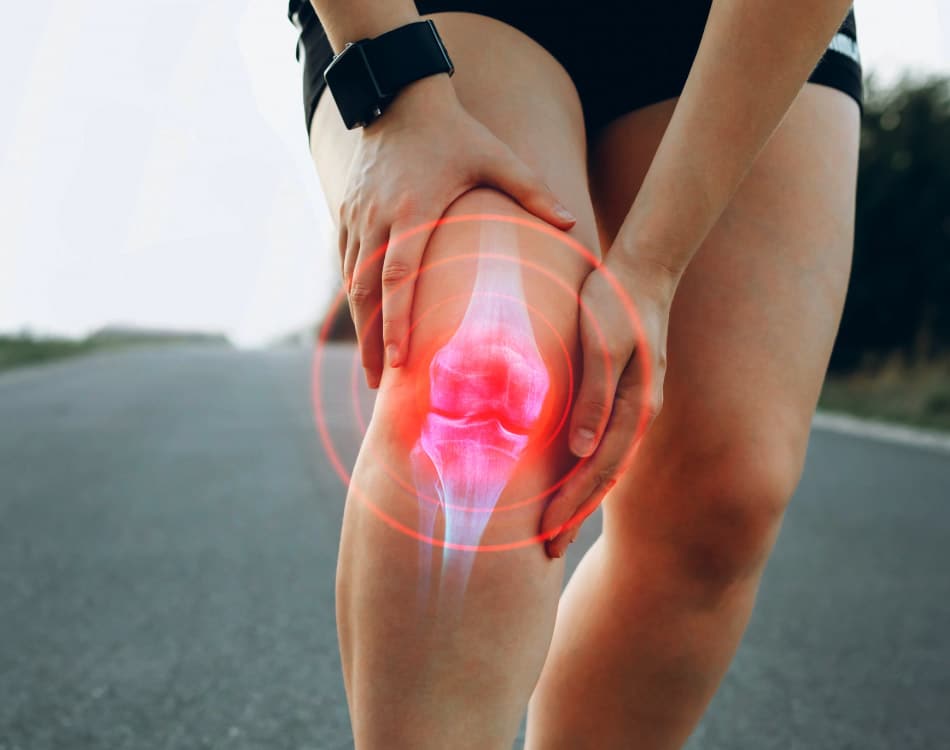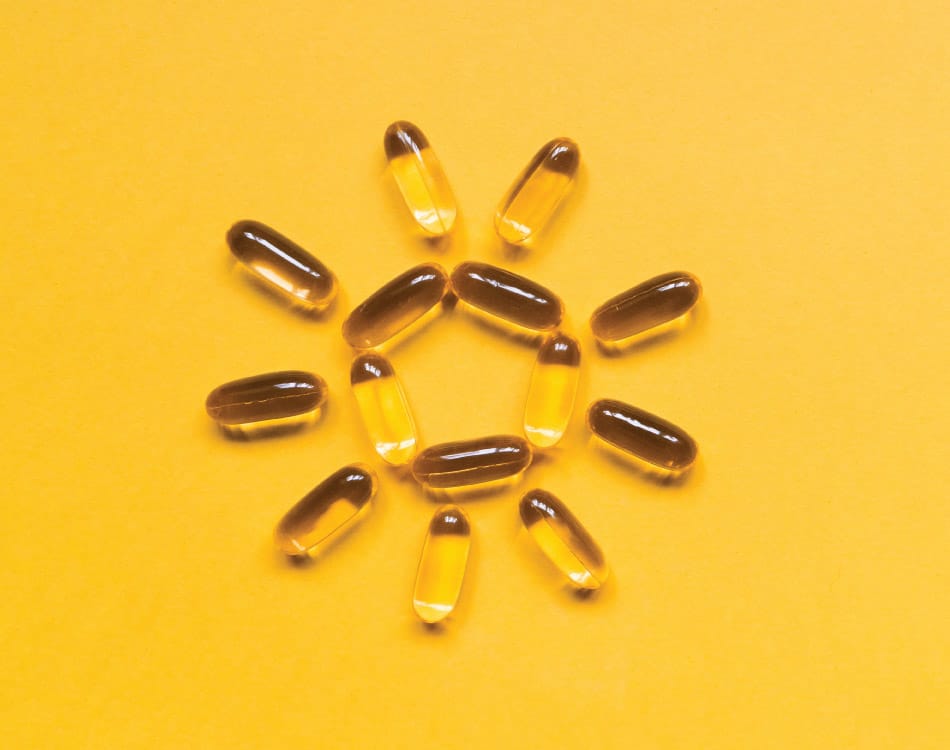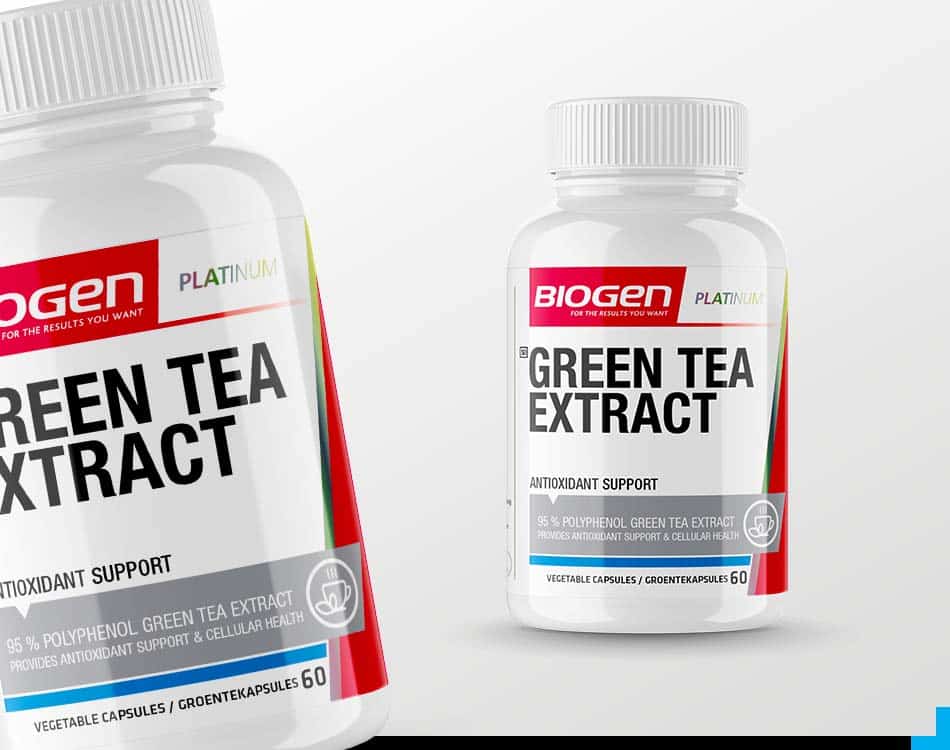Why is coffee the perfect start to any day for so many people around the world? Is it the floral aroma of the coffee or the rich taste? For most coffee lovers, it’s a combination of these features, but perhaps the most important is the java jolt we get from the caffeine.
The right type and kind of coffee, when drunk in moderation and at the right time, can deliver various health and performance benefits.
READ MORE | Give Your Endurance Performance A Caffeine Kick
The caffeine kick
As a naturally-occurring psychoactive substance, caffeine is the most widely consumed stimulant on earth.
It acts as a stimulant by increasing brain and nervous system activity and releases chemicals such as cortisol and adrenaline in the body, which work to enhance alertness, focus and energy.
Many athletes also use caffeine in supplement form for a mental boost and to lower levels of perceived exertion during exercise.
READ MORE | 3 Steps To Level Up Your Performance In The Gym
How we metabolise caffeine
When you drink coffee, your body absorbs the caffeine into the bloodstream, which then travels to the liver where it is processed. It then travels to the brain, where it exerts its effects.
Once in the brain, caffeine blocks an inhibitory neurotransmitter called adenosine from binding to adenosine receptors. This process would normally cause tiredness or drowsiness as more adenosine accumulated on receptors over the course of a day.
In doing so, caffeine increases alertness as levels of other neurotransmitters like adrenalin, norepinephrine and dopamine increase in response, which stimulates neuron firing. This is why drinkers feel energised, experience an elevated mood and get that ‘buzz’.
However, there are other beneficial compounds in coffee that deliver various potential health-promoting properties.
READ MORE | How Antioxidants Help Your Health And Recovery
Caffeine’s health benefits
Coffee beans contain numerous nutrients that can make it into your morning cup depending on the product you use and how long ago the beans were ground.
A cup of coffee made from natural and/or organic beans contains riboflavin (vitamin B2), pantothenic acid (vitamin B5), niacin (vitamin B3), magnesium, manganese, and potassium, albeit in small doses when compared to RDA requirements.
Coffee is also a rich source of antioxidants. In fact, it has become one of the most important sources of these beneficial compounds in the Westernised diet, according to a study conducted at the University of Scranton.
The research showed that most Americans get more antioxidants from coffee than both fruits and vegetables combined. “Nothing else comes close,” said study leader Joe Vinson, Ph.D., a chemistry professor at the university.
And these antioxidants are reportedly highly bioavailable, which means drinkers are able to absorb more of what’s available in their cup of coffee.
Additional health benefits
There is also a large body of scientific evidence to support claims that coffee can improve your health in various ways.
For example, coffee drinkers seem to reduce their risk of developing type-2 diabetes, according to a study published in the journal Nutrients in April 2021. In addition, a meta-analysis* that looked at data from 18 studies, with a total of 457,922 individuals, found that each daily cup of coffee was associated with a 7% reduction in risk of developing type-2 diabetes.
Coffee consumption has also been linked to improved liver health. A study published in the journal of the American Medical Association’s Archives of Internal Medicine found that people who drink four or more cups of coffee per day have up to an 80% lower risk of developing liver cirrhosis.
An international team of researchers led by Duke-NUS Graduate Medical School also found that coffee can help prevent the development of non-alcoholic fatty liver disease.
A longevity elixir?
These disease-reduction benefits also correlate with increased life expectancy. In fact, several observational studies show that coffee drinkers have a lower risk of death.
Two very large studies, including a National Institutes of Health AARP Diet and Health study, found that drinking coffee was associated with a 20% lower risk of death in men and a 26% lower risk of death in women over a period of 18-24 years.
Similarly, a Japanese study of more than 76,000 participants found that men who consumed 1-2 cups of coffee a day reduced their risk of dying from cardiovascular disease by as much as 38%.
The brain benefits
Furthermore, many controlled trials in humans show that coffee improves various aspects of brain function, including memory, mood, vigilance, energy levels, reaction times and general cognitive function.
Coffee also seems to delay the onset of a number of neurodegenerative diseases, including Alzheimer’s disease, the leading cause of dementia worldwide, and Parkinson’s disease.
Several studies show that coffee drinkers have up to a 65% lower risk of getting Alzheimer’s disease. In one such study, researchers from the University of South Florida and the University of Miami found that people older than 65 who had higher blood levels of caffeine developed Alzheimer’s disease 2-4 years later than others with lower caffeine levels.
Parkinson’s disease, the second most common neurodegenerative disease, is caused by the reduction of dopamine-generating neurons in the brain. In one study**, coffee drinkers were shown to have a 30% lower risk of developing the disease.
Caffeine considerations
Despite all these potential benefits, not everyone will get the same health and mental boost from a cup of coffee because genetics and the differing rates at which people metabolise caffeine creates differences in our individual response to caffeine.
Liver function and our genetic make-up (how our genes determine how we respond to and interact with nutrients) shapes how quickly and effectively our bodies and systems can process caffeine.
A slow caffeine metaboliser, for instance, won’t process caffeine effectively and, therefore, tends to to be adversely affected. Symptoms can include anxiety, nervousness, jitters, nausea and insomnia.
A fast metaboliser is more likely to respond in the manner outlined in this article, but ideal dosages will still vary from one person to the next (the average recommended dose is 5g/kg).
Beware a caffeine overdose
And, as is always the case, anything done in excess can cause problems and caffeine is no different. The hormonal response from drinking too much caffeine over prolonged periods can lead to conditions such as adrenal fatigue.
Our bodies also develop a tolerance to caffeine, which means we will need more over time to deliver the same response.
Whether you drink coffee for the pleasure or aim to use it as to boost your mental or physical performance, it is a proven way to deliver the effects you’re after. The trick is to test your response to caffeine, in whatever form.
References:
*Archives of Internal Medicine; 169(22):2053-63; December 2009
**Archives of Medical Science. 1; 13(3): 507–514; April 2017


